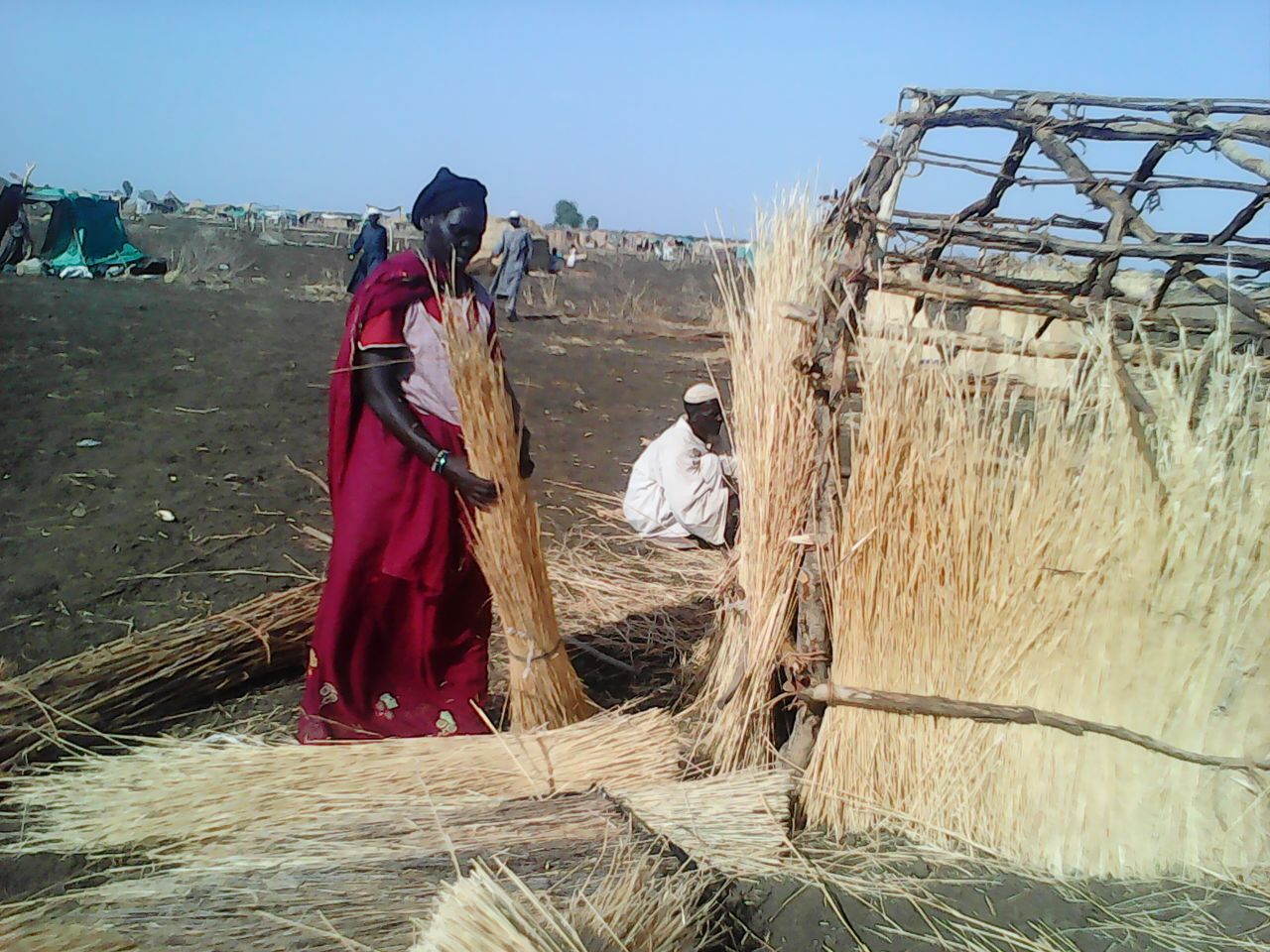(30 August 2017) The African Centre for Justice and Peace Studies (ACJPS) calls for urgent steps to be taken to investigate and hold to account the perpetrators of a gang rape of a 16-year-old girl reported to the police in Nyala, South Darfur. Sudanese authorities should ensure the allocation of adequate resources and victim and witness protection in the case, which took place in the vicinity of Nyala on 17 August. Both the victim and her father were held at gunpoint for over eight hours, and the victim was raped repeatedly in front of her father.
Five masked and armed members of the Janjaweed militias attacked Halima (not her real name) and her father as they were walking along a road roughly two kilometres from Hijer village, south east of Nyala, the capital city of South Darfur. The Janjaweed members jumped out from behind large trees on the side of the road and held Halima and her father at gunpoint. Halima’s father was tied to a tree and Halima was gang raped repeatedly in front of her father overnight for eight hours.
The two were freed the next day, on 18 August, when the “fazah” – a rescue team made up of members of the local community – found them. The Janjaweed militias scattered when they saw the fazah approaching.
The case was reported to Beleil police station in Nyala, and Halima was subsequently transferred to Nyala hospital to be treated and examined by a doctor. She was issued with Criminal Form 8, a standardised medical evidence form used in criminal proceedings related to death or grievous hurt, and underwent a medical examination that confirmed the rape.
Halima, a 16-year-old seventh grade student, and her father are both from the Zaghawa ethnic group and reside in Kalma camp for internally displaced persons (IDPs) in Nyala.
ACJPS calls for the Government of Sudan and local authorities to proceed with an investigation into the assault, with a view to finding and prosecuting the perpetrators. A special prosecutor should be appointed to the case should the victim wish to proceed with a criminal prosecution. Local authorities must guarantee the victim and her father protection from reprisals.
ACJPS further calls on the Sudanese authorities to immediately put in place measures to protect civilians in and around Nyala and ensure that medical and other appropriate support services are available to all those in need, including Nyala’s IDP population.
The international community, particularly the European Union, United States, and African Union, should publicly and privately press the Sudanese government to meet its obligations under international human rights and humanitarian law and to ensure unfettered access by UNAMID peacekeepers and humanitarian actors to all parts of Darfur.
Background
Victims of sexual violence and other grave international crimes in Darfur face serious barriers to justice and a climate of endemic impunity for perpetrators.
In October 2014, during a three-day attack by government forces on the town of Tabit, Human Rights Watch documented credible evidence that 221 women and girls were raped. Following this attack, UNAMID was not allowed to access the area for weeks, and then only in the presence of Sudanese government officials. There has been no evidence that the survivors of the attacks have received necessary medical and psychosocial services, and there are continuing concerns for the victims’ security. In December 2014, authorities shut down the mission’s human rights office in Khartoum. To date, no one has been held to account for the crimes.
The scale of sexual violence in Darfur is likely much greater than any reports indicate. Independent monitors are unable to access most of Sudan’s conflict affected areas and survivors often do not report incidents, due to insecurity, stigma, the fear of reprisal and other obstacles. Among the obstacles are laws and policies that fail to ensure a safe environment for reporting sexual and gender based violence incidents and a consistent failure to prosecute these crimes. Despite recent changes to the definition of the offence of rape in Sudan’s criminal law, the law remains unclear about evidence standards that apply and women who report sexual offences remain at risk of prosecution for adultery or committing “immoral acts” if they fail to prove a rape case.
In addition, many of the international and domestic organisations expelled from Sudan following the ICC indictment provided medical, legal, and psychological services to women, and local civil society groups have faced serious difficulties filling this gap.
To date, the Government of Sudan has not ratified the Protocol to the African Charter on Human and Peoples’ Rights on the Rights of Women in Africa, or the Convention on the Elimination of All Forms of Discrimination against Women (CEDAW), alongside the Optional Protocol to it of 2000.
Contact: Mossaad Mohamed Ali, ACJPS Executive Director / Emily Cody, ACJPS Senior Programme Officer: +256 779584542 / +256 788695068 (Kampala), or info@acjps.org.
 African Centre for Justice and Peace Studies ACJPS | المركز الافريقي لدراسات العدالة و السلام
African Centre for Justice and Peace Studies ACJPS | المركز الافريقي لدراسات العدالة و السلام




